


This is the same as the English version : Substance Abuse. It is not an ordinary substance abuse course. It is based on historical fiction of two families, the Millers and the Johnsons. The course follows their lives through their victories and defeats as they fight the drug monster. It provides timely cognitive thinking and practical skills that have proven to help users recover from their addiction. It is a story about freedom versus captivity. This course has been translated directly from the Substance Abuse course.
This course intervenes in the faulty thinking errors associated with substance abuse and was designed for anyone addicted to chemicals of any kind.
It is important to remember that we have both inner and outer selves. The interaction between mind and body is hyperactive with substance abusers as they try to deal with what they know is right and powerful cravings (cognitive dissonance). Once a person’s body is addicted, the only course back to sobriety is through the mind. However, the only window of opportunity for teaching life-changing cognitive skills is during periods of sobriety.
Cognitive restructuring has the ability to intervene in faulty thinking. In the end, there has to be an intrinsic desire to change or it won’t happen. This workbook has proven to be very effective in helping users overcome self-defeating thoughts and behaviors; just let it happen.
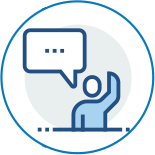
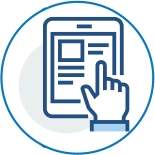
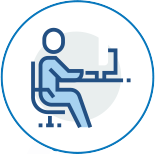
Question what you believe; it could be wrong.
You can tell right from wrong by observing the results..
Chemical addictions separate us from our emotional needs
Users have a dimmer switch attached to their bodies.
Affects every part of life.
Anger and lack of empathy is a result of addiction.
Ten cognitive skills to empower selfchange.
Take charge and manage your life, or it will manage you.
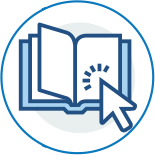
Course Format: eLearning and Printed Workbook
eLearning Length: 800 Slides
Scientific Model: Cognitive Restructuring
Author and Publisher: ACCI Lifeskills
Item Number: W 114
Workbook Pages: 68
Course Length: ~15 hours
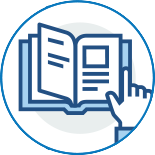
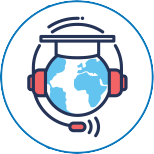
Self-assessments | Role playing Knowledge check | Self-reflection Scenario-based learning | Focused journaling | Discussion with coach Application and skill building